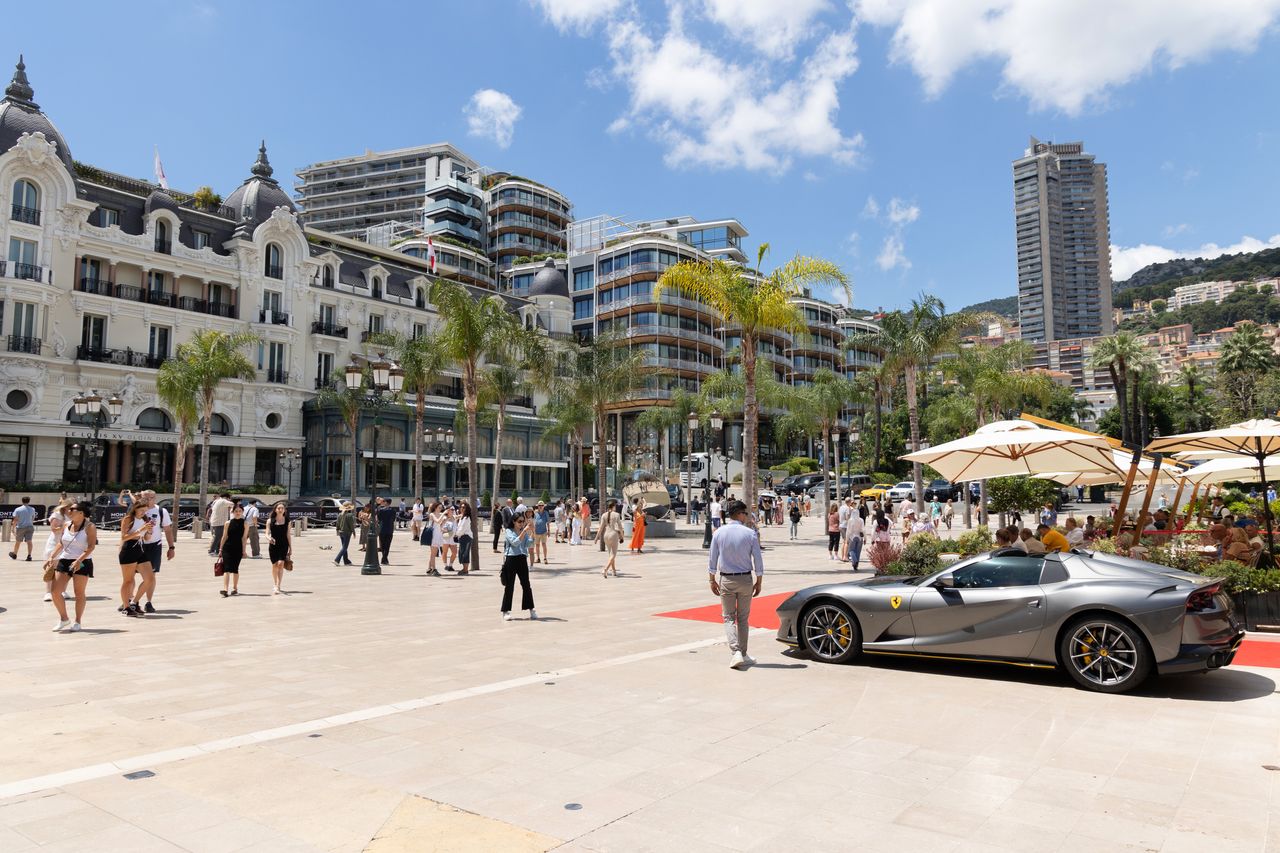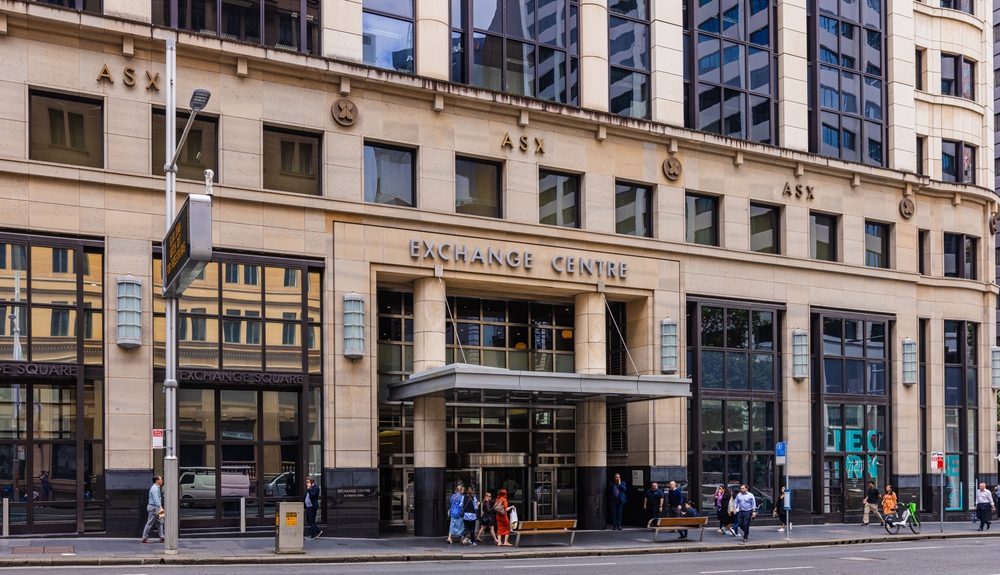EU Delays Labelling Lithium Toxic as Concerns From EV Industry Mount
European battery makers say the EU needs to offer better incentives to compete with the U.S. Inflation Reduction Act
The prospect that the European Union will classify lithium as toxic is adding to worries in the electric-vehicle battery industry that policy makers aren’t doing enough to attract investment and the EU will lose out to the U.S., an attractive destination for such companies partly thanks to the Inflation Reduction Act.
Last week, the European Commission was set to give a final ruling on whether lithium, a crucial battery input, should be classified as a toxic substance. The commission’s scientific arm recommended that it do so.
The decision by the EU’s executive arm has now been pushed back into the new year, the second delay in as many months. Europe’s nascent battery companies are warning that investors may be drawn away from the continent to the U.S. where the IRA has created strong incentives to establish supply chains in the country.
If lithium is labeled toxic, those handling it would be subject to extra safety measures, adding millions in extra costs for prospective lithium refiners and battery makers in Europe, expenses that are absent in the U.S., China and the U.K., industry experts say.
So far, within the European battery industry, Sweden’s Northvolt AB has been one of the few victories for the EU. Northvolt operates the bloc’s flagship battery project, a gigafactory in the north of Sweden. The company is currently valued at $12 billion and is a supplier for some major car makers including Bayerische Motoren Werke AG and Volkswagen AG.
The Northvolt Ett gigafactory started producing commercial batteries in May of this year and plans to scale up to 60 gigawatts hours—equivalent to one million electric vehicles a year—by 2025/26. At least two more gigafactories in Sweden along with one in Germany are already in the works.
Northvolt has said, however, that it remains lukewarm about making further investments in Europe due to the pull of the U.S., saying that production costs are 30% lower there because of the IRA.
Earlier this month, European Commission President Ursula von der Leyen alluded to worries about critical supply chains and the IRA. She said the EU should “simplify and adapt” its rules that limit state funding to make it easier for public investments.
For those looking to establish European battery production, the EU’s position on electric vehicles remains confusing. On the one hand, there are incentives, such as the Critical Raw Materials Act; on the other hand, the proposed classification of lithium as toxic could stifle refining projects and drive away investment.
“At a time when other nations such as the U.S. are opening their doors, taking down barriers and putting their taxpayer’s money on the line to strategically attract and build battery-metals supply chains […] Europe is putting up barriers to companies in this market,” said Richard Taylor, a founding director of Trafigura-backed Green Lithium Refining Ltd.
“If the opportunity is not attractive in Europe, companies won’t bother setting up [there],” Mr. Taylor said.
In contrast, the IRA is quite clear: promising tax credits and subsidies for American-made electric vehicles and components, while also favouring raw material supplies from countries that have free trade agreements with the U.S.
“America is doing the right thing, they are supporting this massively with the IRA,” said Lars Carlstrom, founder and CEO of two gigafactory startups, Statevolt in California and Italvolt in Italy. “We haven’t seen anything such as it, and in Europe all of a sudden when we thought we were well supported here, it is actually nothing compared with what America is now doing.”
 Copyright 2020, Dow Jones & Company, Inc. All Rights Reserved Worldwide. LEARN MORE
Copyright 2020, Dow Jones & Company, Inc. All Rights Reserved Worldwide. LEARN MORE
This stylish family home combines a classic palette and finishes with a flexible floorplan
Just 55 minutes from Sydney, make this your creative getaway located in the majestic Hawkesbury region.
As Paris makes its final preparations for the Olympic games, its residents are busy with their own—packing their suitcases, confirming their reservations, and getting out of town.
Worried about the hordes of crowds and overall chaos the Olympics could bring, Parisians are fleeing the city in droves and inundating resort cities around the country. Hotels and holiday rentals in some of France’s most popular vacation destinations—from the French Riviera in the south to the beaches of Normandy in the north—say they are expecting massive crowds this year in advance of the Olympics. The games will run from July 26-Aug. 1.
“It’s already a major holiday season for us, and beyond that, we have the Olympics,” says Stéphane Personeni, general manager of the Lily of the Valley hotel in Saint Tropez. “People began booking early this year.”
Personeni’s hotel typically has no issues filling its rooms each summer—by May of each year, the luxury hotel typically finds itself completely booked out for the months of July and August. But this year, the 53-room hotel began filling up for summer reservations in February.
“We told our regular guests that everything—hotels, apartments, villas—are going to be hard to find this summer,” Personeni says. His neighbours around Saint Tropez say they’re similarly booked up.
As of March, the online marketplace Gens de Confiance (“Trusted People”), saw a 50% increase in reservations from Parisians seeking vacation rentals outside the capital during the Olympics.
Already, August is a popular vacation time for the French. With a minimum of five weeks of vacation mandated by law, many decide to take the entire month off, renting out villas in beachside destinations for longer periods.
But beyond the typical August travel, the Olympics are having a real impact, says Bertille Marchal, a spokesperson for Gens de Confiance.
“We’ve seen nearly three times more reservations for the dates of the Olympics than the following two weeks,” Marchal says. “The increase is definitely linked to the Olympic Games.”

Getty Images
According to the site, the most sought-out vacation destinations are Morbihan and Loire-Atlantique, a seaside region in the northwest; le Var, a coastal area within the southeast of France along the Côte d’Azur; and the island of Corsica in the Mediterranean.
Meanwhile, the Olympics haven’t necessarily been a boon to foreign tourism in the country. Many tourists who might have otherwise come to France are avoiding it this year in favour of other European capitals. In Paris, demand for stays at high-end hotels has collapsed, with bookings down 50% in July compared to last year, according to UMIH Prestige, which represents hotels charging at least €800 ($865) a night for rooms.
Earlier this year, high-end restaurants and concierges said the Olympics might even be an opportunity to score a hard-get-seat at the city’s fine dining.
In the Occitanie region in southwest France, the overall number of reservations this summer hasn’t changed much from last year, says Vincent Gare, president of the regional tourism committee there.
“But looking further at the numbers, we do see an increase in the clientele coming from the Paris region,” Gare told Le Figaro, noting that the increase in reservations has fallen directly on the dates of the Olympic games.
Michel Barré, a retiree living in Paris’s Le Marais neighbourhood, is one of those opting for the beach rather than the opening ceremony. In January, he booked a stay in Normandy for two weeks.
“Even though it’s a major European capital, Paris is still a small city—it’s a massive effort to host all of these events,” Barré says. “The Olympics are going to be a mess.”
More than anything, he just wants some calm after an event-filled summer in Paris, which just before the Olympics experienced the drama of a snap election called by Macron.
“It’s been a hectic summer here,” he says.

AFP via Getty Images
Parisians—Barré included—feel that the city, by over-catering to its tourists, is driving out many residents.
Parts of the Seine—usually one of the most popular summertime hangout spots —have been closed off for weeks as the city installs bleachers and Olympics signage. In certain neighbourhoods, residents will need to scan a QR code with police to access their own apartments. And from the Olympics to Sept. 8, Paris is nearly doubling the price of transit tickets from €2.15 to €4 per ride.
The city’s clear willingness to capitalise on its tourists has motivated some residents to do the same. In March, the number of active Airbnb listings in Paris reached an all-time high as hosts rushed to list their apartments. Listings grew 40% from the same time last year, according to the company.
With their regular clients taking off, Parisian restaurants and merchants are complaining that business is down.
“Are there any Parisians left in Paris?” Alaine Fontaine, president of the restaurant industry association, told the radio station Franceinfo on Sunday. “For the last three weeks, there haven’t been any here.”
Still, for all the talk of those leaving, there are plenty who have decided to stick around.
Jay Swanson, an American expat and YouTuber, can’t imagine leaving during the Olympics—he secured his tickets to see ping pong and volleyball last year. He’s also less concerned about the crowds and road closures than others, having just put together a series of videos explaining how to navigate Paris during the games.
“It’s been 100 years since the Games came to Paris; when else will we get a chance to host the world like this?” Swanson says. “So many Parisians are leaving and tourism is down, so not only will it be quiet but the only people left will be here for a party.”
This stylish family home combines a classic palette and finishes with a flexible floorplan
Just 55 minutes from Sydney, make this your creative getaway located in the majestic Hawkesbury region.






















